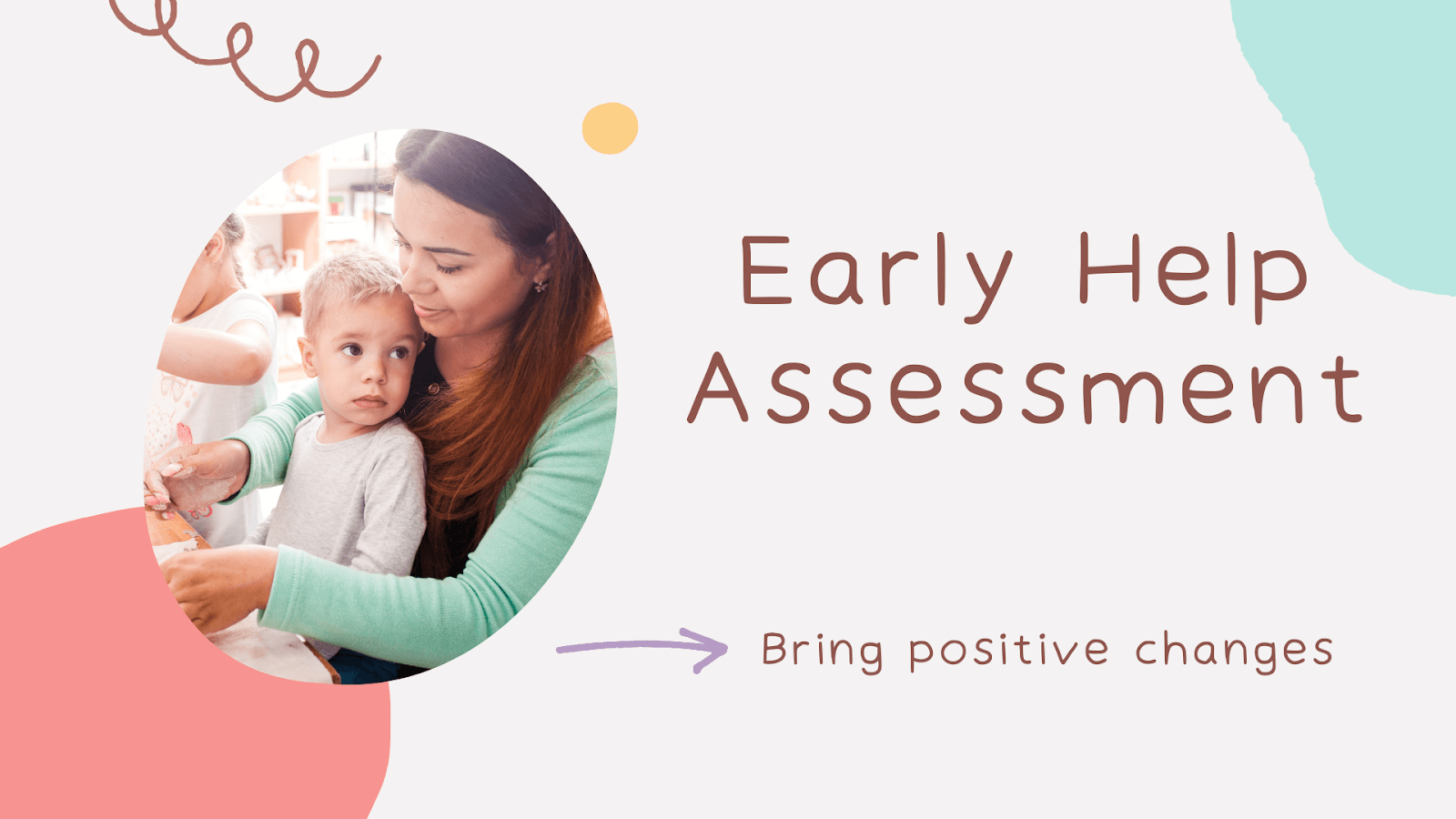Imagine you have two options for buying a new product: you can buy it from a company with a reputation for excellent customer service, or you can buy it from a company with a reputation for poor support of their clients.
Which company would you choose? For most people, the answer is obvious. We all want to do business with companies that treat us well and make our lives easier. That’s why customer experience is so important in today’s business landscape.
In this article, we’ll discuss the growing importance of customer service and explore some tips on how to improve your business’s customer experience.
Understand your customers
Understanding your customers is the key to success in any business. This includes learning about their needs, wants, and pain points, so you can provide them with the best possible products and services.
This can be done in many different ways, such as collecting data through surveys, interviews, and customer feedback forms. You can also analyze your customer data to identify trends and patterns. Once you have a good understanding of your customers, you can use that information to improve your business in several ways, such as developing new products and services, creating targeted marketing campaigns, and improving your customer service.
Embrace personalization
Personalizing customer service involves tailoring interactions to each customer’s needs and preferences. This can be achieved through customer data, segmentation, using customer names, offering personalized recommendations, and providing personalized support. Benefits of such an approach include increased satisfaction, loyalty, sales, and revenue.
For instance, an e-commerce company could recommend products based on purchase history, a travel company could personalize travel recommendations, and a support team could address customers by name and acknowledge previous interactions. This creates a more customer-centric experience that can help grow the customer base.
Leverage automation
By using technology to automate repetitive, time-consuming, or error-prone tasks, customer service teams can significantly enhance their efficiency and effectiveness. Automation tools can handle tasks such as sorting and categorizing customer inquiries, sending automated responses to common questions, and even guiding customers through troubleshooting steps.
This not only speeds up the resolution process but also ensures a consistent level of service. It reduces the risk of human error and frees up customer service representatives to focus on more complex tasks that require human judgment and empathy. However, it is important to keep in mind that automation doesn’t replace the human touch but rather enhances it, allowing businesses to provide better support to their customers.
Prioritize omnichannel experience
In today’s digital era, customers expect seamless and consistent interactions with businesses, regardless of the platform they choose. For instance, a customer should be able to initiate a shopping cart on your website and finalize their purchase on your mobile app without any hassle. The same principle applies to communication: if a visitor initiates a live chat on your website, but a proper response requires time, they would prefer to receive an answer in their preferred instant messaging app rather than keeping your website open.
Effective omnichannel customer communication can be achieved with such software as Umnico’s all-in-one messenger, which combines more than 25 channels, including WhatsApp, Facebook, Telegram, and Instagram in a single interface. This allows customer support agents to get a clear picture of the entire history of all interactions with each customer and seamlessly connect with them on multiple channels.
Proactive support
Customer support that anticipates and addresses customer needs and issues before they arise works towards increased customer satisfaction and loyalty, reduced customer churn, increased sales and revenue, and an improved brand reputation. This can be achieved by collecting and analyzing customer data, observing customer behavior, and utilizing technology to automate customer support tasks.
Requesting feedback and conducting questionnaires are also crucial aspects of proactive customer support. While collecting feedback allows businesses to understand their customers’ experiences, identify areas for improvement, and make necessary changes, questionnaires, on the other hand, can be used to gather detailed information about customers’ preferences, behaviors, and satisfaction levels. This data can then be analyzed to gain insights into customer trends and patterns, which can inform business strategies and decisions.
Summing things up
High-grade customer experience is a crucial element of strategy for almost any business these days. As the role of social media in customer communication has become increasingly important, it provides a platform for businesses to engage with their customers in real time, address their concerns, and build stronger relationships.
Umnico’s all-in-one messenger can significantly aid in this process, offering tools and features designed to enhance customer communication and improve overall customer experience. The platform combines free live chat, messengers, social media, and telephony in a single interface and provides comprehensive tools for automation and analytics, empowering customer support agents to the evolving needs of customers and driving business growth.







 October 17, 2023
October 17, 2023






